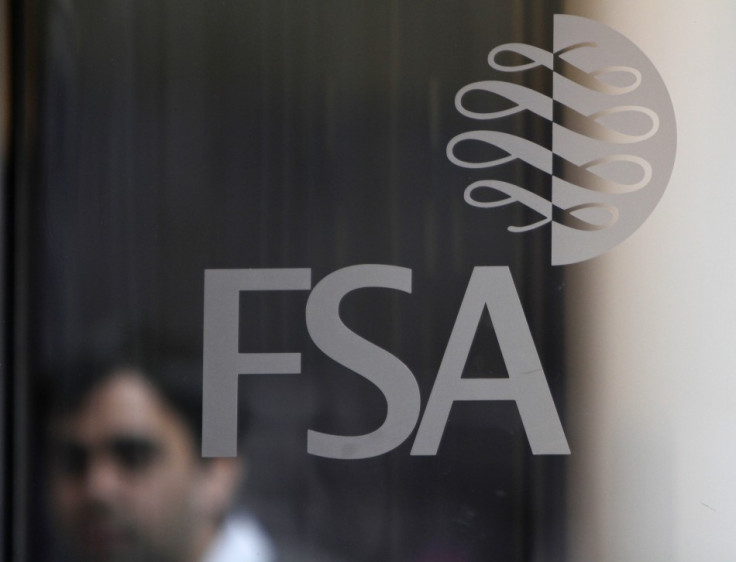FSA Launches Probe into Top UK Banks Mis-selling Derivatives - HSBC, Lloyds, RBS, Barclays Implicated

The Financial Services Authority (FSA) launched a probe into Britain's four largest banks after Britain's Parliamentary Treasury Select Committee asked the regulator to investigate the selling of complex derivatives products to customers.
The FSA is said to be focusing on four of Britain's largest banks, HSBC, Lloyds, RBS and Barclays as the groups collectively account for 95 percent of interest rate swaps; the derivatives contracts that UK businesses bought to insure themselves against unexpected hikes in interest rates.
"We think there are a number of questions to answer," said Martin Wheatley, head of conduct at the FSA to the treasury committee on Wednesday.
Wheatley will be the head of the new Financial Conduct Authority from early 2013 with a specific remit to protect consumers in a bid to end Britain's history of mis-selling of financial products.
History of Mis-Selling
Over the past year, IBTimes UK reported that hundreds of small to medium enterprises (SMEs) are turning to specialist lawyers from overseas to help them wrangle their way out of what they believe are mis-sold complicated financial contracts, sold as loan protection products, that are now suffocating them financially.
The groundswell comes alongside Barclays' chief executive Bob Diamond's admission that the bank "made some mistakes" in the market for interest rate products during the bank's last annual general meeting.
Diamond, whose bank has come under fire for allegedly mis-selling interest rate swaps and had the most banking customer complaints in 2011 according to the FSA, said: "There was a worry about interest rates going higher in 2005, particularly in the property sector where consumers wanted to lock in interest rates. I can guarantee you we have made some mistakes, when we have a mistake we're going to own up and fix it."
nterest rate swap agreements, or IRSAs, are contracts between a bank and its customer where typically one side pays a floating, or variable, rate of interest and receives a fixed rate of interest payments in exchange. They're used to hedge against extreme movements in market interest rates over a given period. Companies that have seen the value of these products move against them as rates fell during the recession, now owe banks crippling sums of money in interest payments each year.
But if these businesses want to cancel these contracts, the cost of doing so would be even higher in a lump sum payment, as banks demand cash upfront in lieu of future revenue.
Now hundreds of firms believe they should never have been sold the products in the first place, say a German law firm. They are moving towards taking banks to court to release them from contracts that they say they either did not fully understand, or were misrepresented as just "payment protection" against rising interest rates.
"Derivatives are a totally different kettle of fish and it is a dubious business to start, especially if you don't fully understand the products. If the client doesn't understand the contract, at best, they are gambling blind," says Professor Julian Roberts, partner at law firm Wolfsteiner Roberts. "Derivatives don't work like normal investments such as stocks, shares or savings accounts. As the German courts now recognise, they are more akin to bets. Unless customers clearly understand that, and all the consequences that follow, they are definitely not in a position to make an informed judgment about the bank's offer. Clearly the banks discovered a market opportunity by selling these types of instruments to individuals and SME's as a protection or loan enhancing method, but which are in fact excessive and risky for the individual who does not stand to gain a benefit from these massive bets."
© Copyright IBTimes 2024. All rights reserved.






